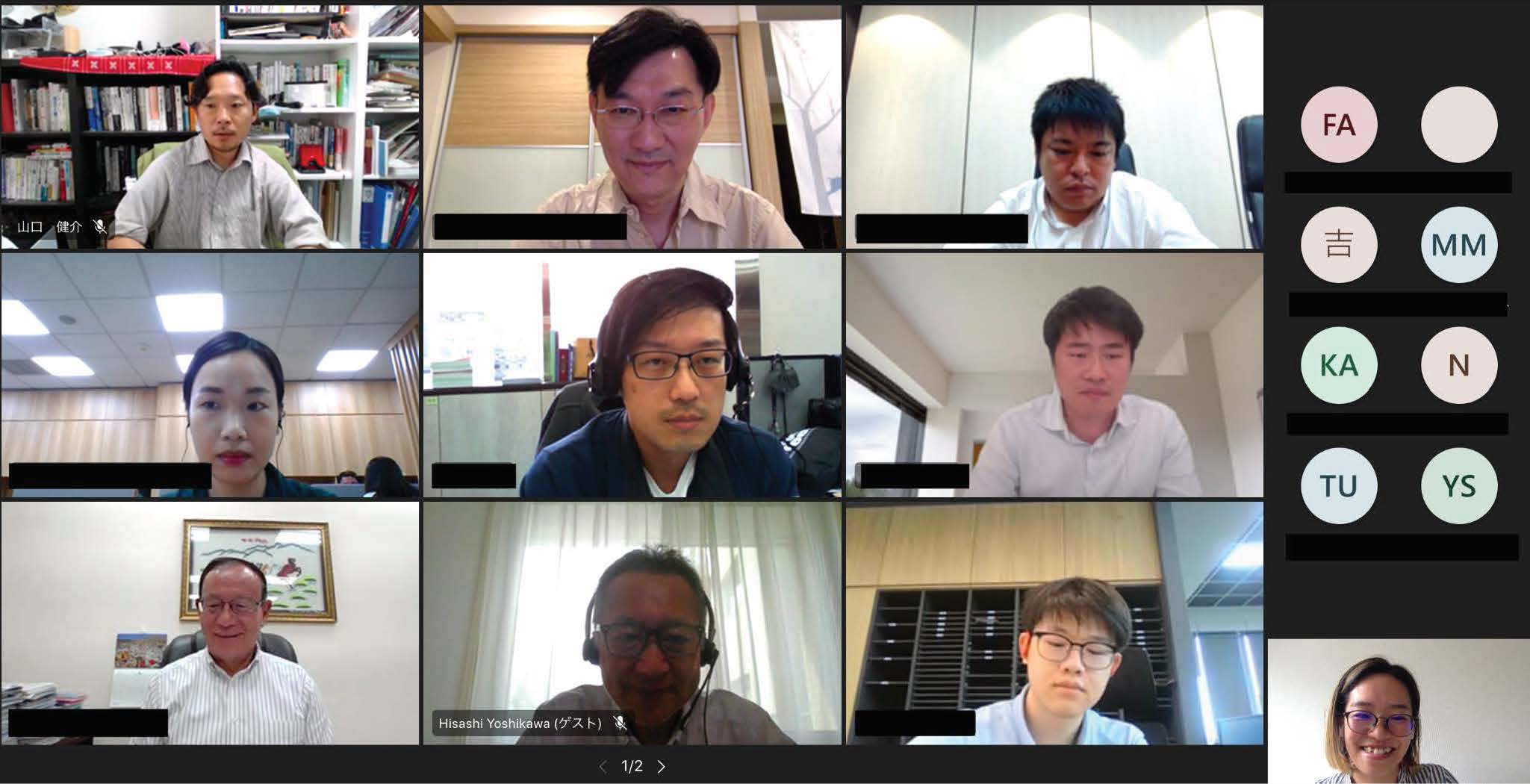Workshop on offshore wind development in Japan, Taiwan and Vietnam: Danish perspectives on the challenges of port development
-
日程:2023年06月26日(月)
-
時間:15:00-16:30
-
会場:Online
-
主催:
東京大学未来ビジョン研究センター
Developing a sustainable and balanced supply chain with local/regional synergies, which does not fall behind the demands of the ever-expanding wind market, is a key issue for offshore wind development.
While the main actors to address this issue are government and industry players, we believe base ports and innovative regional/port development strategies can also play an important role. Such bottom-up initiatives could open up new possibilities for sustainable transition pathways. Asian ports or local authorities may be able to learn valuable lessons from their western counterparts in this aspect.
To this end, we cordially invite the Danish Port of Esbjerg to share their experiences, including local perspectives on the various risks and challenges of base port development, as well as lessons to Asian ports concerning competition/cooperation among ports.
We hope this keynote session will set a basis for discussion at further workshops centered on perspectives of Asian counterparts.
-
15:00-15:10Opening remarks and overview of project
-
15:10-15:20Introduction of participants
Participants
[Denmark]
Officials from the Danish Embassy to Japan[Japan]
Port authorities
Japan Wind Power Association
Developers[Taiwan]
Developers
Researchers[Vietnam]
Japanese representatives for cooperation in port development
Japanese suppliers*Participation of port authorities and government officials from Taiwan and Vietnam was cancelled for this session but is expected for future sessions.
-
15:20-15:50Keynote presentation from Port Esbjerg
Keynote Speaker
Jesper Bank, Chief Commercial Officer, Port of Esbjerg, Denmark -
15:50-16:25Discussion
-
16:25-16:30Closing remarks
This workshop was held on June 26th 2023, inviting the CCO of Port Esbjerg as the speaker and with active participation from Japanese, Taiwanese, and Vietnamese port development representatives.
The keynote presentation revealed the history of development and challenges faced by Port Esbjerg, as well as an analysis of the roles and investment challenges based on port category. The discussion covered, among multiple topics, the key challenges of port development as seen from the Danish port perspective: the immaturity of industry, unstable project pipeline, slow or rigid decision-making, and the burden of investment for long-term industrial development. Vis-a-vis such challenges, collaboration among ports and industry-wide optimization, the flexibility of the port governance scheme, and a holistic, society-wide approach to development (i.e. not just power source development) were raised as particularly important strategies based on the Danish experience.
